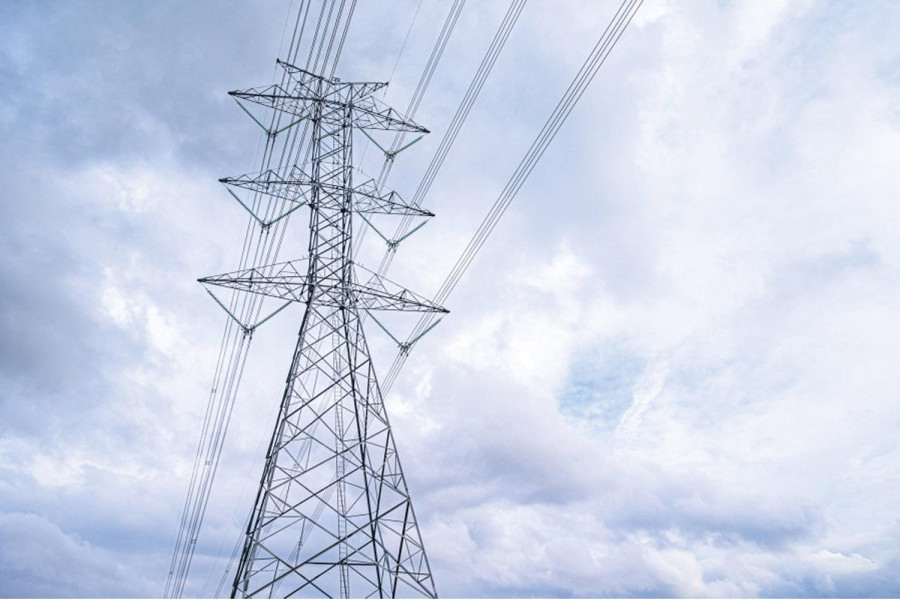National
Plan to export 40MW power to Bangladesh this season uncertain amid delay in agreement
Nepal electricity body awaits response from the Bangladeshi side for tariff negotiation before a deal involving India is signed.
Prithvi Man Shrestha
Nepal’s plan to export 40MW electricity to Bangladesh is getting delayed, raising questions whether export would be possible in the current wet season.
Once two sides reach a consensus, a tripartite agreement needs to be signed involving India as the process requires Indian authorities’ clearance.
The ‘Procedure for approval and facilitating Import/Export (Cross Border) of Electricity by the Designated Authority’ makes Delhi’s permit necessary for transactions of electricity using the Indian grid under a tripartite agreement.
Nepal and Bangladesh had agreed during the bilateral meeting in May to make efforts to start export of Nepal’s power to Bangladesh through India’s transmission infrastructure this wet season.
When Prime Minister Pushpa Kamal Dahal visited India three months ago, the southern neighbour had promised to facilitate the export of 40MW electricity from Nepal to Bangladesh.
“The Bangladeshi side has notified us that they are seeking clearance from the political authorities on the agreement reached between the two sides at the bureaucratic level,” said Kul Man Ghising, managing director of the Nepal Electricity Authority (NEA). “We are awaiting a final response from the Bangladeshi side to move on to tariff negotiation.”
NEA officials said that the two sides have already concluded everything except tariff at the bureaucratic level.
Ghising said that he was not sure when the Bangladeshi side would get clearance and approach the NEA for negotiation on tariff.
According to NEA officials, the transmission charges and service fee to be paid to the Indian authorities have been more or less finalised. The transmission charges will be equivalent to what India’s power traders are currently charging power buyers and it will be levied as per India’s open access rules.
The Bangladeshi entities may also have to pay service fees for the Indian company’s efforts in obtaining its government’s regulatory approval.
The NTPC Vidyut Vyapar Nigam Limited (NVVN), which is India’s nodal agency for cross-border power trade, will be responsible for collecting the fees, they said.
Ghising earlier told the Post that the NEA would be flexible on tariff in its early effort to export electricity. “We plan to offer a good tariff as a good gesture, as it will be a government-to-government deal,” Ghising said. “A reference can be the existing electricity price in Bangladesh.”
Prabal Adhikari, power trade director at the NEA, said there has been a consensus with Bangladesh on signing a five-year deal for trading 40MW power. According to NEA officials, Nepal had proposed to Bangladesh a 25-year deal. “Now there is consensus for signing a five-year deal, subject to extension,” Adhikari said in a recent interview with the Post.
Nepal currently exports power only to India. According to NEA officials, once everything including the tariff is determined, a tripartite agreement will be signed between Nepal, India and Bangladesh.
Nepal and Bangladesh agreed to sign such an agreement between the NEA, the Bangladesh Power Development Board and the NVVN of India during the energy secretary-level joint steering committee held in Bangladesh in mid-May.
The NEA plans to sell electricity generated by the 24MW Trishuli Project and another plant for a combined export of 40–41MW to Bangladesh.




 20.12°C Kathmandu
20.12°C Kathmandu















